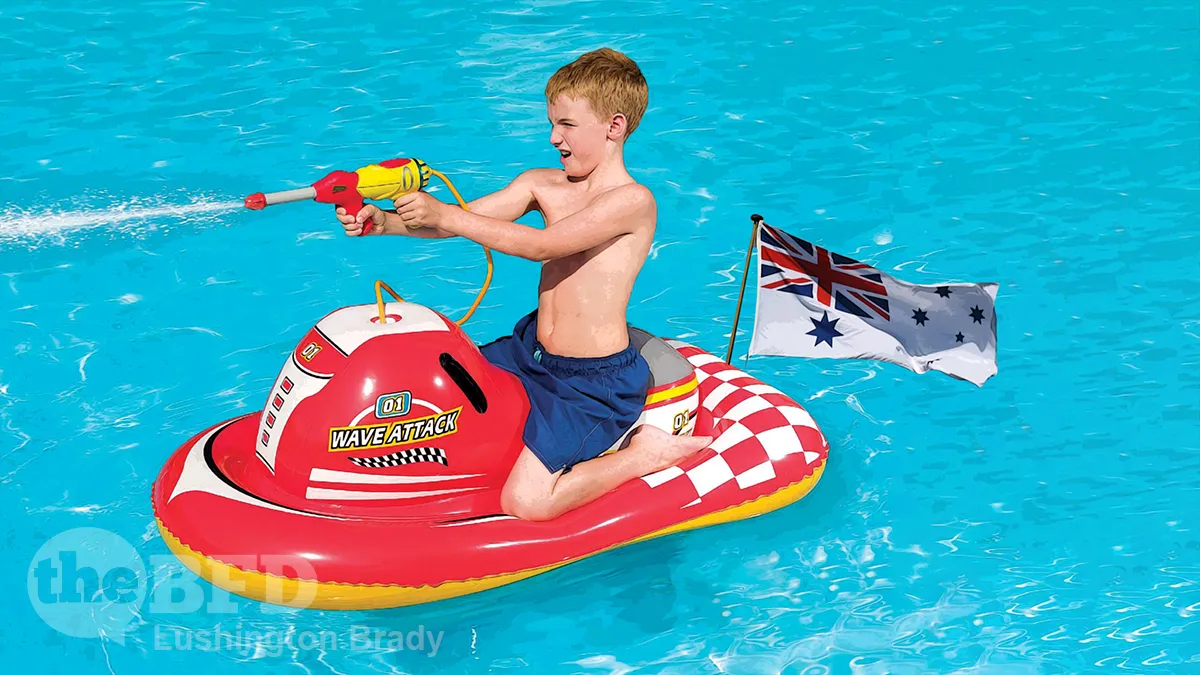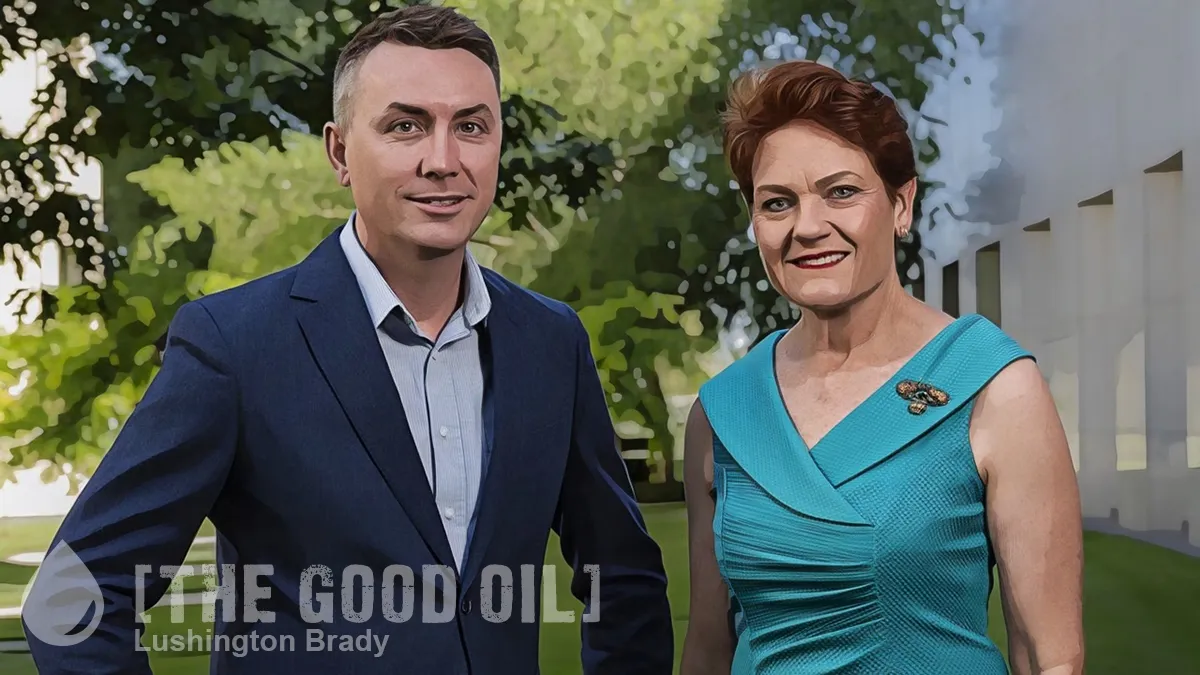Table of Contents
My, my — what a difference an election or two can make. Last year, it was Australia leading New Zealand on regional defence, with Jacinda Ardern and Nanaia Mahuta undercutting our countries’ traditional allies at every step.
Now, it’s New Zealand stepping up to the plate, and Australia taking the role of the weakest, vacillating link of the West in the South Pacific. Where NZ Labour undermined regional alliances such as Five Eyes, now Australian Labor is undermining the AUKUS pact, the Morrison government’s singular achievement, while the ink is hardly dry. With global trade increasingly under threat by Islamic piracy, the US requested a single RAN ship to support a Western coalition to safeguard the Red Sea.
Craven, grovelling, Anthony Albanese is baulking at even that token show.
Anthony Albanese has indicated Australia will not send a warship to join a new Red Sea task force, saying the US is happy for Australia to provide diplomatic support for the operation to combat attacks by Iranian-backed Houthis.
You can bet they’re not happy at all, but they’re too polite to call out a gutless weakling like Albanese to his face.
Instead, Albanese is babbling unconvincing nonsense about “diplomatic support”.
The apparent confirmation of the government’s position comes a week after The Australian revealed the US Navy had requested an Australian warship to join the Red Sea taskforce, now known as Operation Prosperity Guardian.
It’s understood that request was modified after initial talks in which Australia expressed a reluctance to take part. Australia was subsequently excluded from the 10-member taskforce.
The navy had said it was ready and able to send a ship to join the taskforce, but the government played down the prospect for days, saying Australia’s priority focus was its immediate region.
Mr Albanese underscored the position on Wednesday, saying “resources have been prioritised in our region, the Indo Pacific”.
His comments came after a speech a day earlier, in which he argued Australia was not just an observer in the defence of global freedom, arguing that “peace must be built, preserved, defended and upheld”.
The Australian
To quote Big Rebecca (Moira Claux) from Mad Max 2: The Road Warrior: “Words, just words.”
As The Australian’s Cameron Stewart says, the Albanese government’s backdown “is an embarrassment for Australia”.
It signals to the world that Australia is no longer the reliable contributor to global security, the loyal ally or the consistent defender of the so-called rules-based order it once claimed to be. Instead, this likely decision reveals a timid and insular government, afraid, unwilling or unable to send a single – yes, that’s right – a single warship to the world’s most pressing maritime hot zone.
The Australian
As Stewart points out, the secretive Albanese government has refused to explain exactly why it refused the request, but the suspicion is that the government is terrified that “an Australian warship might have to fire a shot in anger or be fired upon”. The latter would infuriate the gutlessly “pacifist” feral left, while the former would enrage Labor’s vital Muslim voting bloc (notwithstanding that the culprits in this case are Shia: when it comes to global jihad, such footling doctrinaire disputes tend to be conveniently glossed over — consider, after all, how Shia Iran is backing the Sunni Hamas).
And so, “Australian sailors will be watching Netflix at home this summer rather than trying to protect vital Australian trade routes from terror attacks”.
By contrast, the Luxon government is signalling its intention to repair at least some of the damage done by Labour to the regional alliance, by Ardern, if not quite that wreaked by David Lange.
New Zealand’s new prime minister, Christopher Luxon, said on Wednesday he would look into the benefits of joining a part of the AUKUS defence pact that focuses on shared military technology amid a “more challenging” world order.
Which, if nothing else, is a refreshing dose of reality salts, in comparison to Helen Clark’s inane prattle about an “incredibly benign strategic environment”.
Luxon, visiting Australia on his first official trip abroad since he was sworn in as prime minister last month, said the AUKUS weapons development and procurement project between the U.S., Britain and Australia would help ensure peace and stability in the Pacific region.
The “pillar two” of the AUKUS pact is separate from the first pillar designed to deliver nuclear-powered attack submarines to Australia.
“We’re interested in exploring pillar two, particularly in AUKUS, and the new technologies and the opportunities that may mean for New Zealand to participate,” Luxon said during a joint press briefing with his Australian counterpart Anthony Albanese.
New Zealand is not a party to the trilateral pact though the U.S. has said the door was open for it to engage on AUKUS.
Of course, there are some Rubicons that cannot be re-crossed in Aoteazuela.
But Luxon reiterated New Zealand’s nuclear-free stance which he said was “non-negotiable”. New Zealand and the U.S. describe themselves as close strategic partners, although their alliance was suspended in the 1980s when New Zealand barred visits from U.S. nuclear-powered or armed warships.
Reuters
That’s OK, we’ll have our own nukes in Australia — with hookers and blackjack, the gods willing.









